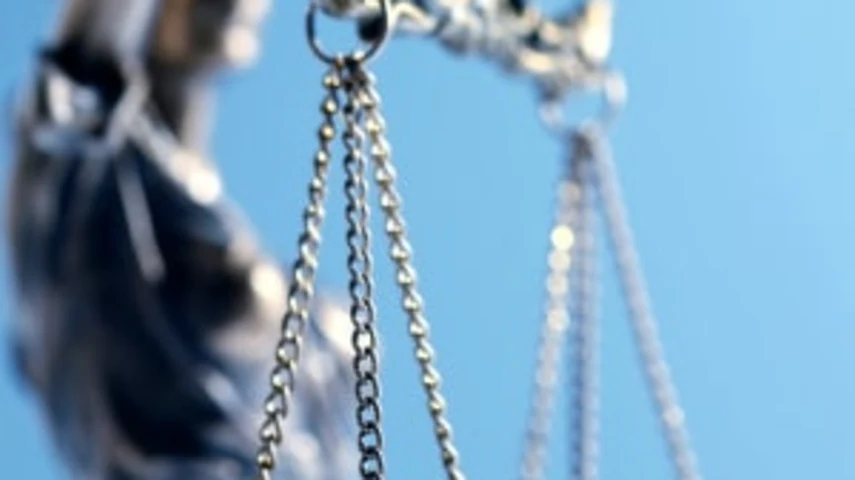Operational risk reserves



The way in which operational risk reserves can be utilised in superannuation funds was the subject of analysis in the recent IOOF Federal court decision of the Australian Prudential Regulation Authority (APRA) v Kelaher.
After lobbying by the Association of Superannuation Funds of Australia (ASFA) and others, the requirement for such a reserve in each superannuation fund was imposed by the Superannuation Legislation Amendment Trustee Obligations and Prudential Standards Act, 2012. The legislation was supplemented by prudential standards issued by APRA, which defined operational risk as the risk of loss from inadequate or failed internal processes, people and systems or from external events.
The amount of the reserve must be at least 0.25% of the total amount in the fund.
The trustee is required to have a strategy for determining when and how the operational risk reserve can be applied.
Over three years, from 1 July, 2013, the reserves of superannuation funds were brought up to the required level, largely by taking away earnings that would otherwise have been credited to those who were members during those three years. Thus, those members were deprived of some of the earnings that would have otherwise been credited to their accounts. They will never recoup the lost earnings if they have since left the fund or if they don’t obtain any benefit from the reserve during their future membership.
It is arguable, therefore, that the legislation is unfair because the effect of it is that earnings were taken off those who were members of a particular fund between 2013 and 2016 to create a reserve which will be utilised for the benefit of future members, at least some of whom did not contribute to the creation of the reserve. It will be applied, at the latest, on termination of the fund, if it isn’t needed beforehand.
An issue in the IOOF case, was whether, if there are losses in a fund because of negligence of the trustee or its investment managers or otherwise, can the reserve be applied to compensate the members who have lost money or will the trustee or anyone else who caused a loss have to compensate the fund, thus leaving the reserve intact? If the reserve is reduced, it will have to be topped up by the existing members.
In the IOOF case, there were losses to the fund caused by some companies who were providing services to the fund and the trustee applied money from the reserve to compensate those members who lost money. APRA argued in this case that the trustee should have first attempted to obtain payment from the companies that caused the losses before compensating the members out of the reserve, because the money in the reserve was the members’ own money and they were, in effect, compensating themselves rather than being compensated by those who caused the losses.
APRA’s arguments were not accepted by the judge who decided the case. She said in her judgment that it was misconceived to describe the reserve as the members’ own money. Rather, she said, it was money held for the express purpose of compensating members for operational risk, including risks arising from the conduct of the trustee or others. Compensating members from it did not, therefore, involve compensating members from their own money.
It is understandable why APRA argued the way that it did as the money in the reserve was contributed by the members out of the earnings on their money in the fund and any top up to keep the reserve at the minimum level, after compensating the members, would have to be contributed by the members.
The judge also disagreed with APRA’s submission that the use of the reserve without exhausting other means of being able to compensate the members was not in the best interests of members and was, therefore, in breach of the trustee’s obligation to act in the members’ best interests. The judge added that the trustee does not have a duty to make claims against anyone who may be potentially liable for a loss of the members before the trustee accesses the reserve.
Regardless of whether APRA’s arguments should have succeeded or not, it is strongly arguable that superannuation members should be entitled to expect that if losses occur in the future, the trustee of their fund will take all reasonable steps to recover the loss from those responsible for the loss before the reserve is raided to compensate members.
That includes the trustee itself paying compensation if it caused the loss.
Noel Davis is a Sydney barrister.
Recommended for you
As the industry shifts from client-centric to consumer-centric portfolios, this personalisation is likely to align portfolios with investors’ goals, increasingly reflect their life preferences, and serve as a gateway to rewards and benefits.
Managing currency risk in an international portfolio can both reduce the volatility, as well as improve overall returns, but needs to be navigated carefully.
In today’s evolving financial landscape, advisers are under increasing pressure to deliver more value to clients, to be faster, smarter, and with greater consistency.
Winning one premiership can come down to talent, luck, or timing but winning multiple ones indicates something deeper and successful is at play, writes Darren Steinhardt.











